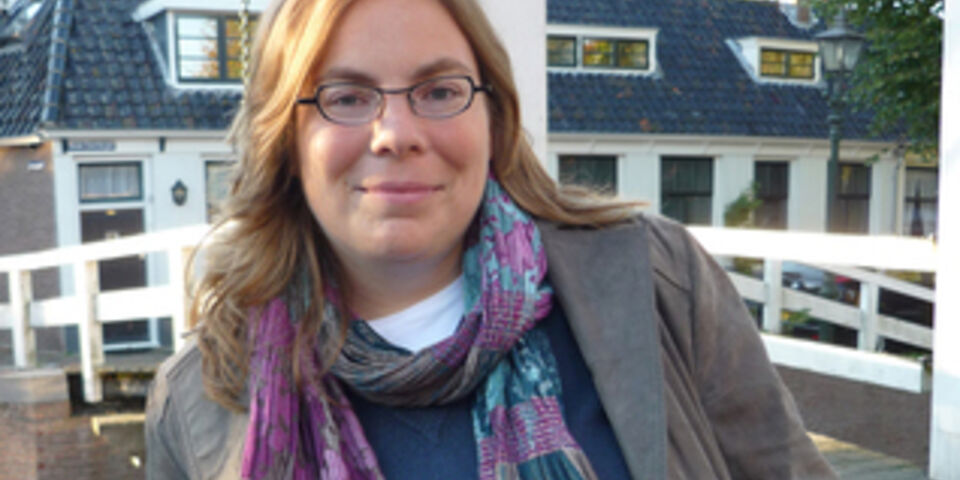1.5 million for movement expert Speckmann
TU/e professor of Algorithms and Visualization prof.dr. Bettina Speckmann has been awarded a Vici Grant worth 1.5 million euros. She’s one of 32 leading scientists to receive the Now grant. Speckmann will be using the grant for the development of geometric algorithms that can visualize patterns in complex data, such as the displacement of riverbeds and the evolution of ideas in old books.
With our ever-evolving technologies (GPS, surveillance cameras, RFID tages) it’s becoming easier and easier to track movements of all kinds of objects, ranging from people and animals to riverbeds and coastlines. Unfortunately, all that data is useless if you can’t see the woods for the trees anymore. Using the right algorithms can help create order out of chaos and find relevant patterns. In the past years there have been many research projects studying analysis methods for datasets of moving point sources in order to be able to map the itineraries of migrating birds, for example.
Speckmann wants to use her Vici Grant to takes things a step further, she says. “many moving objects can’t be visualized as one point. Take a riverbed, for example. For towns and villages close to a river, it’s important to know how the course of that river has changed and will change over time in light of possible floods. Comparing the course of a river to that of other rivers is very informative and may help making better predictions.” With rivers, however, it’s not about the movement of a point, but about a polyline – and for that, there are hardly any algorithms yet. With the help of three doctorate candidates and a postdoc, Speckmann wants to change that.
There’s a second line of research that also originated because of a contact within this elite group: Speckmann wants to help philosopher Arianna Betti analyze the development of ideas on logic in old books. “More and more old philosophical works are being made digitally available. Before telephones or the Internet, philosophical concepts had a regional meaning. Over time, as internationalism developed, these concepts spread.
“This ‘concept drift’ can be analyzed by measuring the ‘distance’ between certain definitions and tracking that over time. In a pilot study, we’ve grouped seven thousand works on logic according to time and location. That alone already led to new insights with the philosophers.”


Discussion